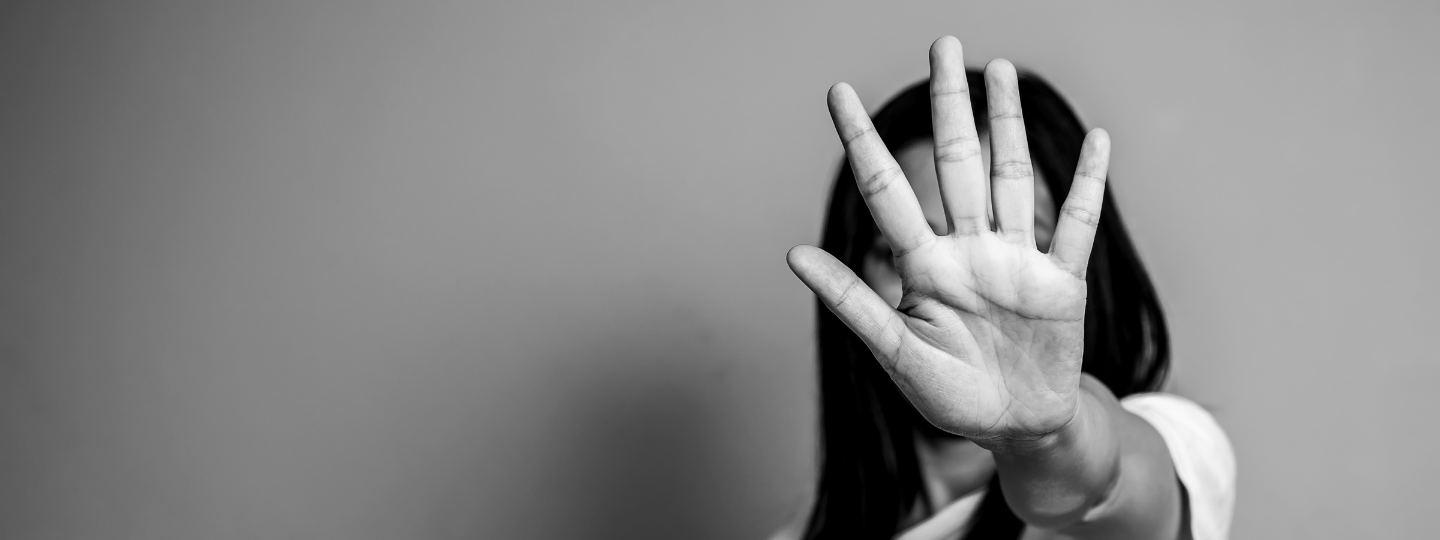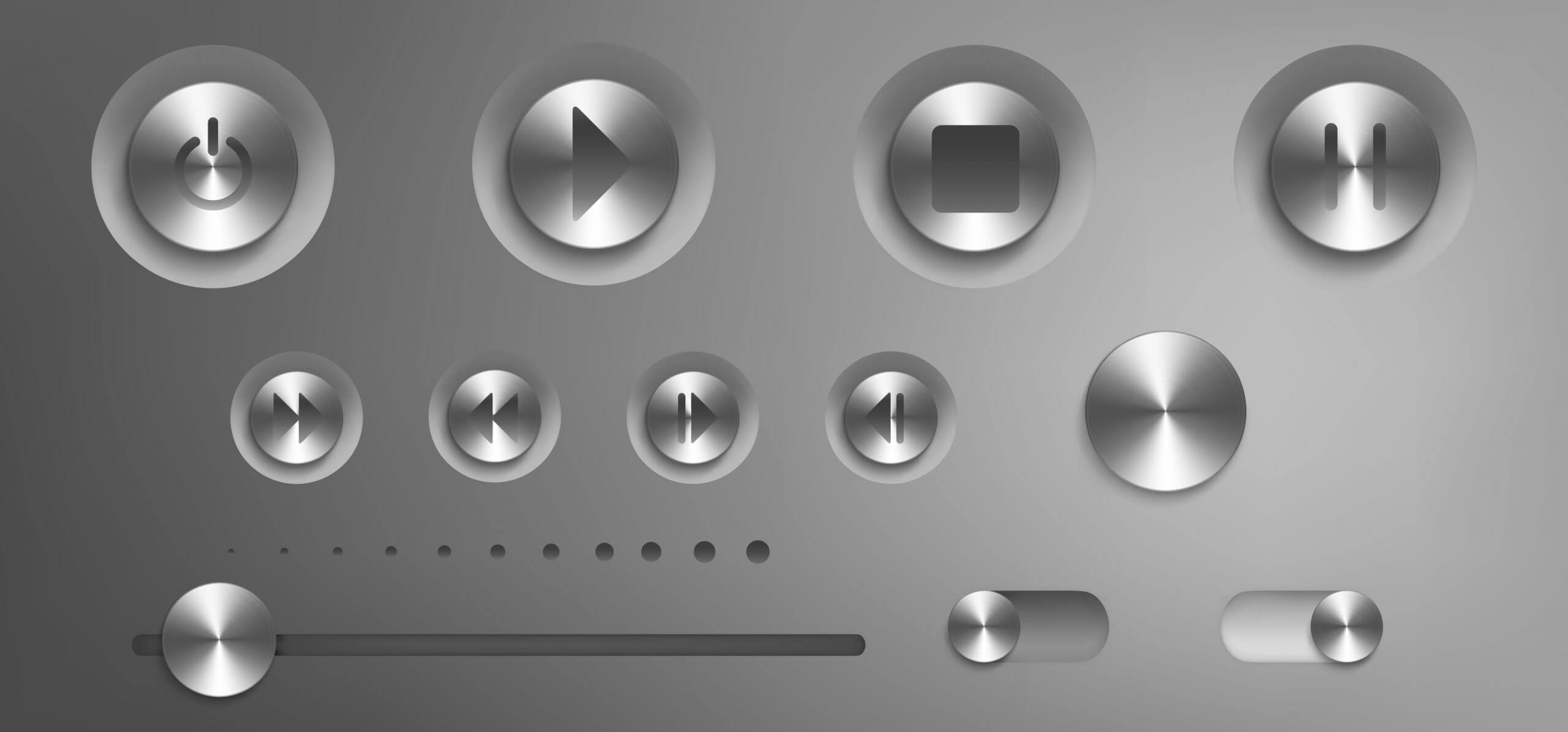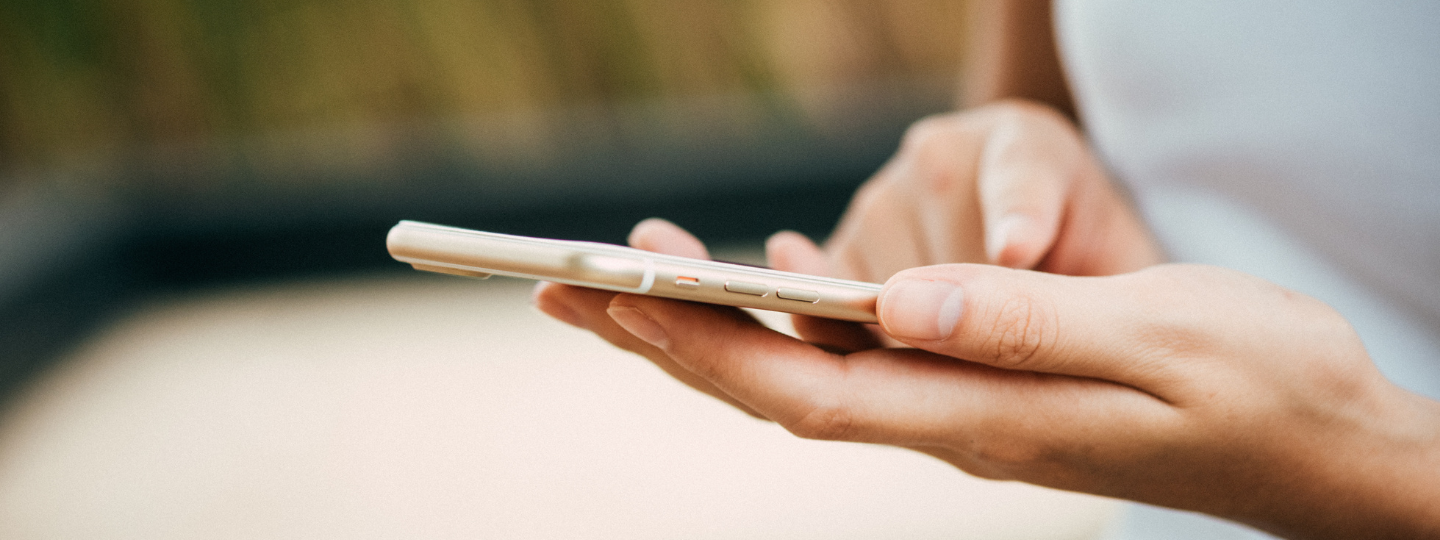Domestic violence and mental health
Domestic violence and mental health
Domestic violence can happen in any type of relationship. It is important to remember it is not your fault and help is available.

Over the lockdown restrictions, we were asked to stay at home where possible. This was really challenging if home was not somewhere safe.
Domestic violence can happen in any type of relationship, no matter what your age, gender or sexuality. It can also happen in any family, regardless of culture, status or financial situation.
If you have experienced domestic violence you are not alone. One study by the National Crime Council has shown 15% of women and 6% of men in Ireland have been subjected to domestic abuse.
Domestic violence is not your fault, and help is available. Both local and national services are still open and offering support, despite the pandemic.
In this article you will find:

Power and control
Domestic violence involves abusive behaviours by one person, in order to have power and control over another.
What is domestic violence?
Domestic violence involves abusive behaviours by one person, in order to have power and control over another. It comes in many forms. These include:
- Physical abuse. Any type of pain or hurt caused to your body by another person is physical abuse. Sometimes marks or injuries are visible, but not always. Physical abuse is often the easiest to see, or the hardest to hide.
- Emotional abuse. This can be harder to recognise. It’s usually where one person tries to exert power and control over another through their words. It can involve continually putting someone down, criticising, limiting contact with others and/or disallowing someone make their own choices. The abuser might use threats of sexual or physical violence.
- Sexual abuse. This includes rape, sexual assault, or sexual harassment. Sexual abuse can be perpetrated by anyone, including friends, family members or within intimate relationships. More subtle types of sexual abuse include degrading sexual acts, or being told to do things that aren’t comfortable. It can also involve only one person making decisions around birth control. Read more about consent and sex.
- Financial abuse. This includes things like restricted or stolen money or having to explain every expense. Not being allowed to work or not having access to bank accounts.
- Coercive control. Coercive control was made a criminal offence in Ireland, on 1 January 2019. This involves behaviours, strategies and patterns of abuse done with the intent to keep control and power. Coercive control makes day-to-day life feel like walking on eggshells. Or that there are consequences for every action.
These behaviours are not OK. You have a right to feel safe and to not be harmed. If you have experienced any of these, know it is not your fault.
How to recognise domestic violence
If we experience domestic violence, it can sometimes be hard to recognise that it’s happening. We might assume what is going on in our own family is the same in other families. Or we might find reasons to justify the behaviour.
In a relationship
At the beginning of a relationship, it’s normal to want to see the best in someone. The feelings of excitement that come with a crush or new partner can allow us overlook some negative behaviours.
It’s completely standard to have disagreements and arguments with partners. If these fights become more frequent or intense, causing a feeling of fear, look for signs your partner wants power and control in the relationship.
Some warning signs are:
- Jealousy or possessiveness
- Continually wanting to know where you are and who you are with
- Controlling all decisions made
- The relationship moving very quickly, for example, moving in together soon after meeting
- Unrealistic expectations and disrespect
- Isolation from family and friends
- Blaming others for problems or feelings.
Often an outburst is followed by an apology and efforts to “make up” for the violence. This may last only a short while before another incident, creating a cycle of abuse. You may feel continually anxious and fearful of the next incident.
By constantly hearing negative things about yourself from your partner, you may start to believe them.
Within a family
When there is violence in a family, we may feel helpless, guilty, or to blame that we couldn’t stop it. We might be in fear of going home because we don’t know what to expect. Or when we are not there we are fearful for the rest of the family’s safety.
On top of this, you could also be in pain and worried about how to hide physical injuries.
Impact of domestic violence on mental health
Understandably, this can make the world seem unsafe, creating difficulties with trusting others. We may feel ashamed, down, or anxious. All these feelings are valid, and make sense given the trauma of witnessing or experiencing domestic violence.
Poor concentration, low confidence and difficulty sleeping are also common. We might have difficulties in friendships, if we’ve never learned how to solve problems in a healthy way.
We may continue to experience difficulties with our mental health even after the violence has stopped.
It’s not your fault
Remember, domestic violence is not your fault. You are not to blame. The responsibility to stop the violence is on the person who is acting violently, and not on you.
It can be confusing sometimes because you still like the perpetrator as a person. And that’s OK. But it doesn’t mean you have to tolerate being treated unfairly. It’s the behaviour that’s wrong.
Coping with domestic violence
Firstly, lockdown, anger, drug or alcohol use, unemployment, money problems or any other issue do not cause domestic violence. There is no excuse. The cause of domestic violence is always about the individual using power and control over another person.
If you are experiencing domestic violence talk to someone about what you are going through. This could be someone close to you that you trust. There are also a number of services which can provide further information, options and support.
If you are in immediate danger or there is an emergency, contact Gardaí at 999/112.
- Tusla is the Child and Family Agency. Their job is to keep children, young people and families safe. Read more about what they do or get in contact directly here.
- Women’s Aid is an organisation that works to stop domestic violence against women and children. Find out about their range of services here. Freephone 1800 341 900.
- Childline offer support and a listening ear if you are dealing with violence in your home. Text 50101 or freephone 1800 666 666.
You don’t have to cope with domestic violence alone, there is support available to help you through each step of the way.


